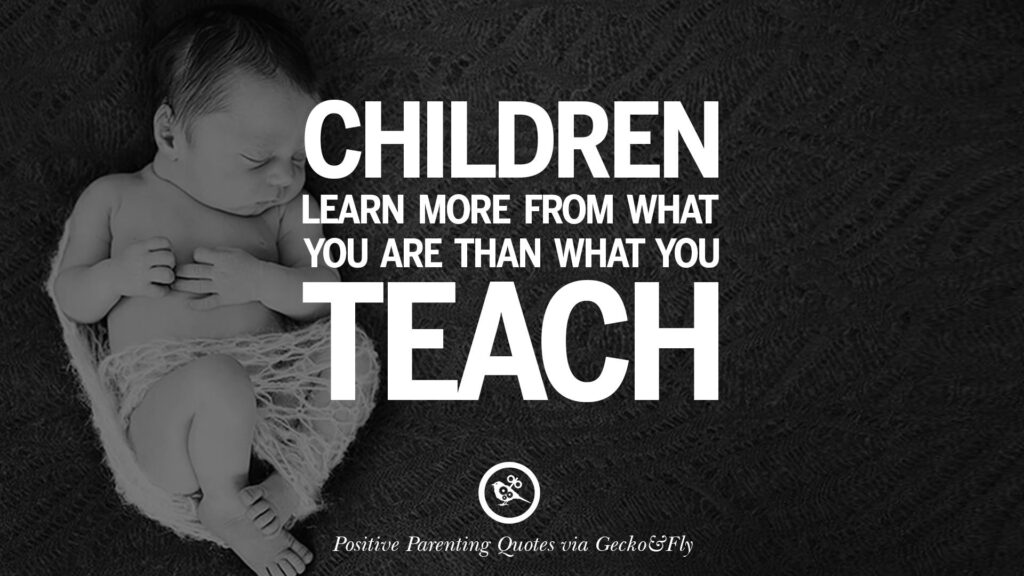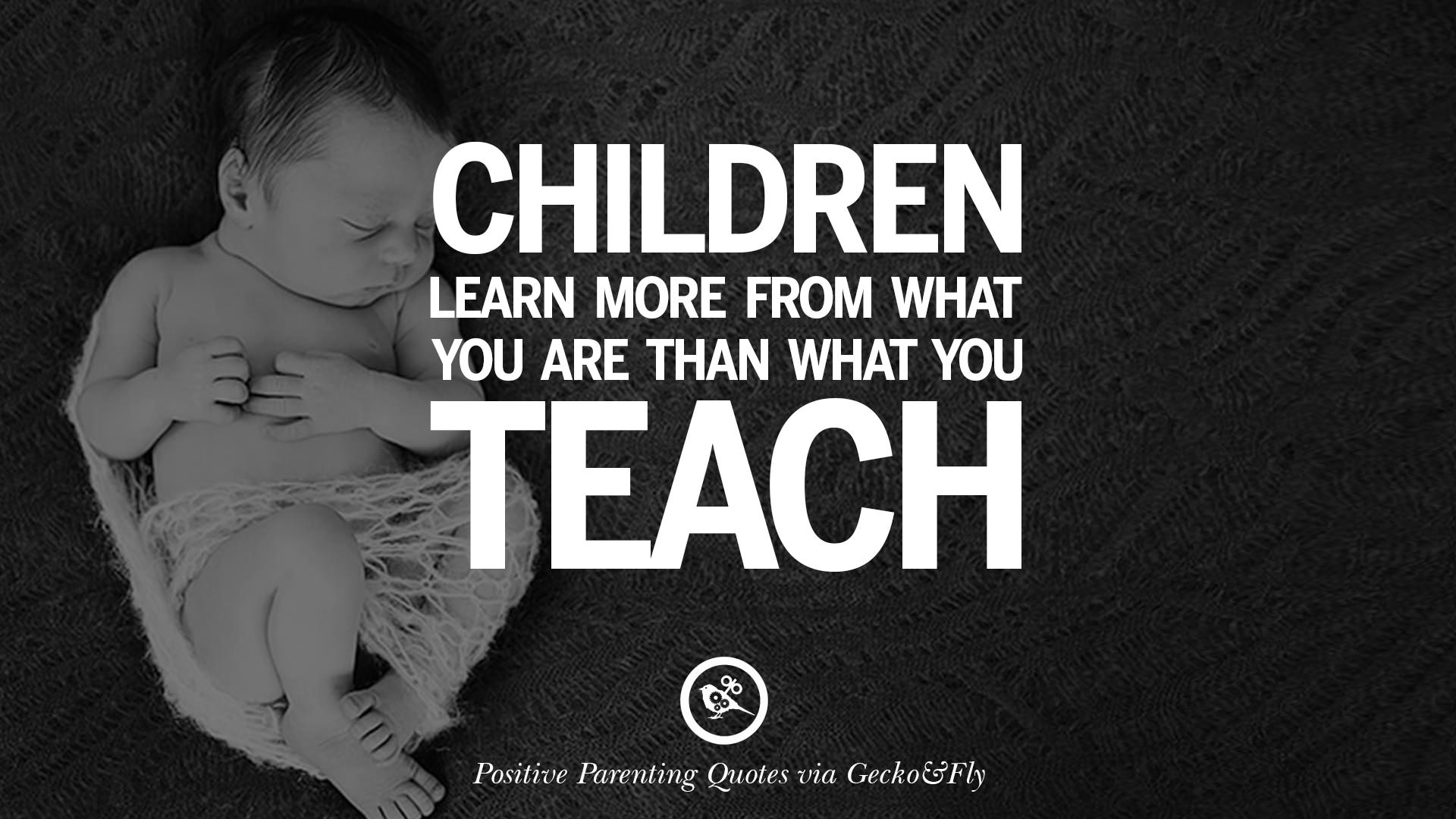
Navigating the Complexities of Parenting Life: Challenges, Joys, and Strategies for Success
Parenting is often described as the most rewarding yet challenging job in the world. The realities of parenting life are multifaceted, encompassing a wide range of emotions, responsibilities, and experiences. From the sleepless nights of infancy to the turbulent teenage years, parents navigate a constantly evolving landscape. This article delves into the complexities of parenting life, exploring the common challenges, celebrating the unique joys, and providing evidence-based strategies for fostering healthy and thriving families.
Understanding the Modern Parenting Landscape
The parenting life today is significantly different from previous generations. The rise of technology, increased awareness of mental health, and evolving societal norms have all contributed to a more complex and nuanced approach to raising children. Modern parents are often faced with conflicting advice, societal pressures, and the constant comparison to idealized versions of parenting life portrayed on social media. This can lead to feelings of inadequacy and overwhelm.
Furthermore, economic pressures and the demands of modern careers often require both parents to work, creating additional challenges in balancing work and family responsibilities. Single-parent families also face unique hurdles, often juggling multiple roles and responsibilities with limited support. Understanding these contextual factors is crucial for navigating the realities of parenting life in the 21st century.
Common Challenges in Parenting Life
Parenting life is not without its difficulties. Some of the most common challenges include:
- Sleep Deprivation: Especially during the early years, sleep deprivation can significantly impact a parent’s physical and mental health.
- Financial Strain: The cost of raising a child, from diapers and formula to education and extracurricular activities, can be substantial.
- Behavioral Issues: Dealing with tantrums, defiance, and other behavioral issues can be emotionally draining and require consistent and effective discipline strategies.
- Relationship Strain: The demands of parenting life can put a strain on relationships between partners, leading to conflict and decreased intimacy.
- Mental Health Concerns: Parents are at increased risk of experiencing postpartum depression, anxiety, and other mental health issues.
- Balancing Work and Family: Juggling career demands with the needs of children can be a constant source of stress and guilt.
Addressing these challenges requires proactive strategies, open communication, and a willingness to seek support when needed. [See also: Managing Stress as a Parent]
Strategies for Overcoming Parenting Challenges
While the challenges of parenting life can seem daunting, there are several evidence-based strategies that can help parents navigate these difficulties:
- Prioritize Self-Care: Taking care of one’s own physical and mental health is essential for effective parenting. This includes getting enough sleep, eating healthy foods, exercising regularly, and engaging in activities that bring joy and relaxation.
- Establish Clear Boundaries and Expectations: Consistent rules and consequences help children understand expectations and develop self-discipline.
- Practice Positive Discipline: Focus on rewarding positive behaviors and using non-punitive methods of discipline, such as time-outs and logical consequences.
- Communicate Effectively: Open and honest communication is crucial for building strong relationships with children and resolving conflicts peacefully.
- Seek Support: Don’t be afraid to ask for help from family, friends, or professionals. Therapy, support groups, and online resources can provide valuable guidance and support.
- Practice Mindfulness: Mindfulness techniques can help parents stay present in the moment and manage stress more effectively.
The Joys of Parenting Life
Despite the challenges, parenting life is also filled with immense joy and fulfillment. Witnessing a child’s first steps, hearing their laughter, and sharing in their accomplishments are just a few of the many rewarding moments that make parenting life so special. The unconditional love and connection that parents share with their children are unparalleled.
Furthermore, parenting life provides opportunities for personal growth and development. Parents learn patience, empathy, and resilience as they navigate the ups and downs of raising children. They also gain a deeper understanding of themselves and their own values. [See also: The Importance of Play in Child Development]
Celebrating Milestones and Creating Lasting Memories
One of the greatest joys of parenting life is celebrating milestones and creating lasting memories. These moments, big and small, contribute to a strong family bond and provide children with a sense of belonging and security. Some ways to celebrate milestones and create lasting memories include:
- Family Traditions: Establishing traditions, such as holiday celebrations, birthday rituals, or weekly family dinners, can create a sense of continuity and connection.
- Quality Time: Spending dedicated time with children, free from distractions, allows for meaningful conversations and shared experiences.
- Documenting Memories: Taking photos, videos, and writing down memories can help preserve these special moments for years to come.
- Celebrating Accomplishments: Acknowledging and celebrating children’s achievements, no matter how small, can boost their confidence and self-esteem.
The Impact of Parenting Styles on Child Development
A significant aspect of parenting life is the style of parenting adopted. Research indicates that different parenting styles can have varying impacts on a child’s development, affecting their self-esteem, social skills, and overall well-being. Understanding these styles and their potential effects is crucial for parents seeking to raise well-adjusted children.
Different Parenting Styles
There are generally four recognized parenting styles:
- Authoritative Parenting: This style is characterized by high expectations combined with high responsiveness. Authoritative parents set clear rules and boundaries but are also warm, supportive, and understanding. They encourage independence and allow children to express their opinions. This style is generally associated with the most positive outcomes for children.
- Authoritarian Parenting: This style is characterized by high expectations and low responsiveness. Authoritarian parents are strict, demanding, and controlling. They expect obedience without question and often use punishment as a primary means of discipline. This style can lead to children who are obedient but may also be anxious, insecure, and lack self-confidence.
- Permissive Parenting: This style is characterized by low expectations and high responsiveness. Permissive parents are lenient and avoid setting limits or boundaries. They are often warm and loving but may struggle to enforce rules or provide consistent discipline. This style can result in children who are impulsive, lack self-control, and have difficulty with authority.
- Uninvolved Parenting: This style is characterized by low expectations and low responsiveness. Uninvolved parents are emotionally detached and provide little guidance or support. They may be neglectful or simply overwhelmed by their own challenges. This style can have the most negative consequences for children, leading to feelings of abandonment, low self-esteem, and behavioral problems.
Most parents naturally lean towards one style, but adopting elements from others can provide a more balanced approach to parenting life.
Building a Supportive Community for Parenting Life
No parent is an island. Building a supportive community can significantly ease the challenges of parenting life and provide invaluable resources. This community can include family members, friends, neighbors, parent groups, and online forums. Sharing experiences, seeking advice, and offering support to other parents can create a sense of camaraderie and reduce feelings of isolation.
Finding and Utilizing Support Networks
Actively seeking out and utilizing support networks is crucial for maintaining well-being throughout parenting life. Consider the following:
- Parenting Groups: Joining local or online parenting groups can provide a space to connect with other parents who are facing similar challenges.
- Family and Friends: Leaning on family and friends for support, whether it’s for childcare assistance or simply a listening ear, can make a significant difference.
- Professional Resources: Don’t hesitate to seek professional help from therapists, counselors, or parenting coaches if needed.
- Online Forums: Participating in online forums and communities can provide access to a wealth of information and support from other parents around the world.
Conclusion: Embracing the Journey of Parenting Life
Parenting life is a complex and ever-evolving journey filled with challenges and joys. By understanding the common difficulties, implementing effective strategies, celebrating the rewarding moments, and building a supportive community, parents can navigate this journey with greater confidence and resilience. Remember that there is no one-size-fits-all approach to parenting life, and what works for one family may not work for another. The key is to be adaptable, compassionate, and committed to providing children with the love, support, and guidance they need to thrive. Embracing the journey of parenting life, with all its ups and downs, is an investment in the future and a testament to the enduring power of family.

